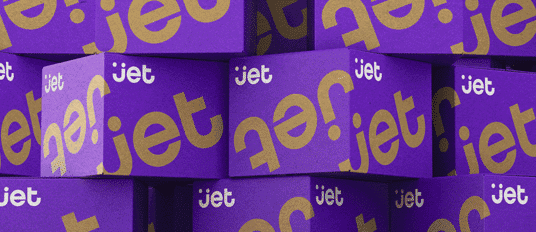The Jet Journey: Why Norwest Got on Board
Venture capital is all about calculated risks, and Jet is no exception to this rule.
I first met Marc Lore in 2007. I watched him scale Quidsi, the parent company of Diapers.com, into a $550 million winner that was acquired by Amazon in 2010. When he left Amazon, I knew to keep a close eye on him to see what he was up to next. He was one of the most impressive e-commerce operators that I had come across and the type of entrepreneur you would want to stand behind.
Nothing excites me more than meeting a founder with a big vision in a very large market, and Marc’s newest venture, Jet, was one of the biggest concepts to hit e-commerce in a very long time. But like any investment, it involved risks.
Jet’s go-to-market strategy was bold. Marc and his team were looking to persuade online shoppers, who were at the time quite satisfied hunting for bargains on competing websites, to try something new. There was a lot of consumer education to be done around how the service worked, including discounts, shipping, etc. And beyond consumer education, Jet had to execute it well at scale with very complex systems, logistics, pricing and marketing.
Despite the risks, Norwest Venture Partners invested in Jet last year to help the company become a prominent force within e-commerce, and Marc was the ideal leader to be at the helm.
There were several reasons why the deal was compelling at the time. Two leading reasons were:
Marc Lore and His Team
Jet was co-founded by what we firmly believed to be the best startup e-commerce team in the country at the time: Marc and his former Quidsi colleagues Nate Faust and Mike Hanrahan. Marc was (and is) a strong, visionary, metrics-driven CEO with deep domain experience and these guys had proven their ability to execute and scale a business into a winner. They were also the one team who had sustained success competing with Amazon when it came to a pure high-volume, low-margin e-commerce play.
A Disruptive Product in a Massive Market
Price is still the most important factor to online shoppers, and Jet had created an innovative, variable and dynamic pricing engine that solved the problem of rigid and fixed pricing to deliver a completely new, low price shopping experience for consumers. Jet’s technology was being built for massive scalability and would be a highly valuable asset.
And the market was massive and would only continue to grow. Total retail sales in the U.S. topped $4.5 trillion in 2014. U.S. e-commerce sales grew to $306 billion, up from $263 billion in 2013. By 2017, U.S. e-commerce sales were expected to be as high as $440 billion. It was not a winner take all market.
Were there huge risks involved with investing in Jet? Sure.
But in the end, Jet is what venture is all about: backing smart teams who are building disruptive products in large markets.
We could not be more proud of what Marc and the Jet team have accomplished in just two short years — building Jet into the biggest U.S. e-commerce exit in history.


